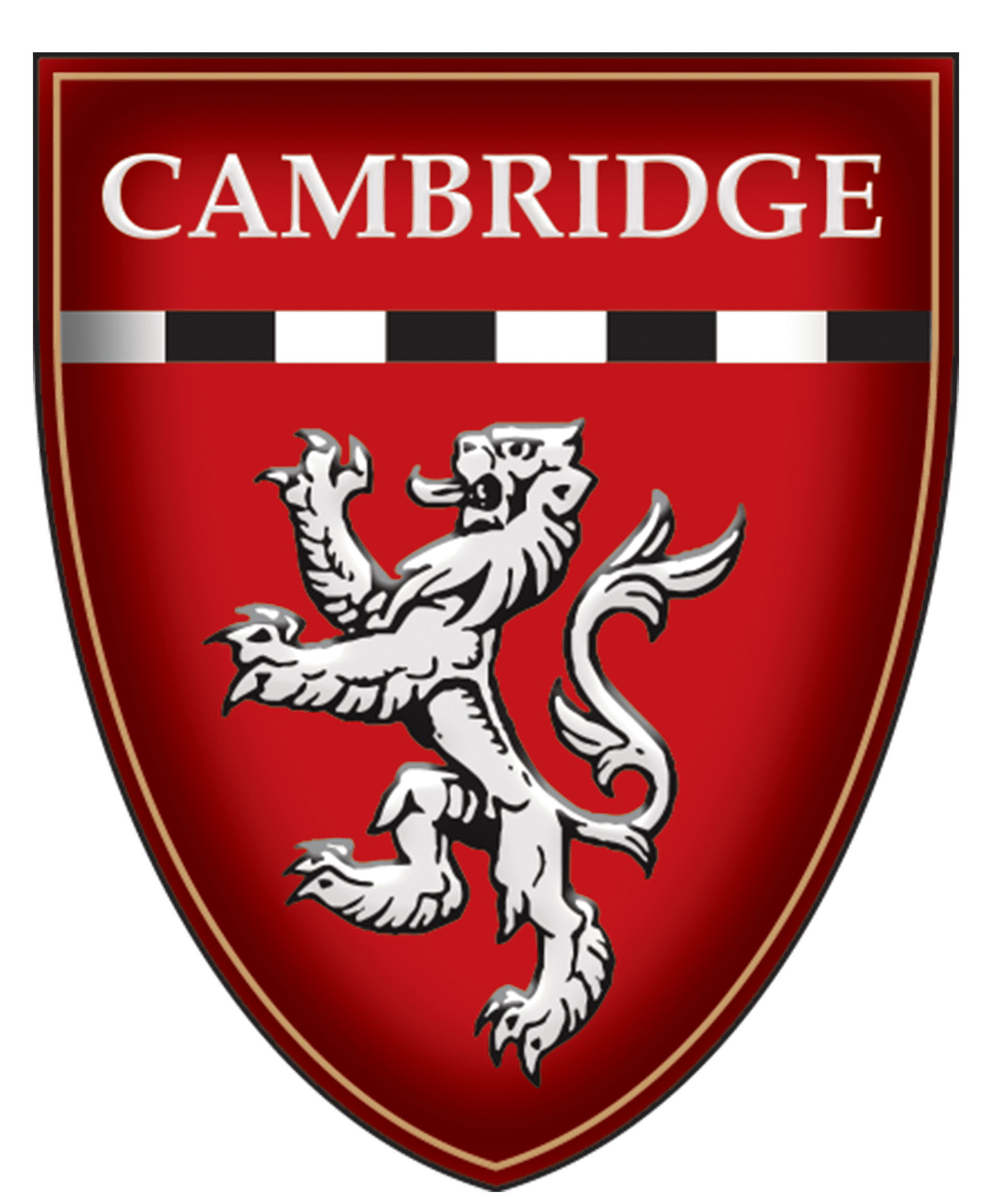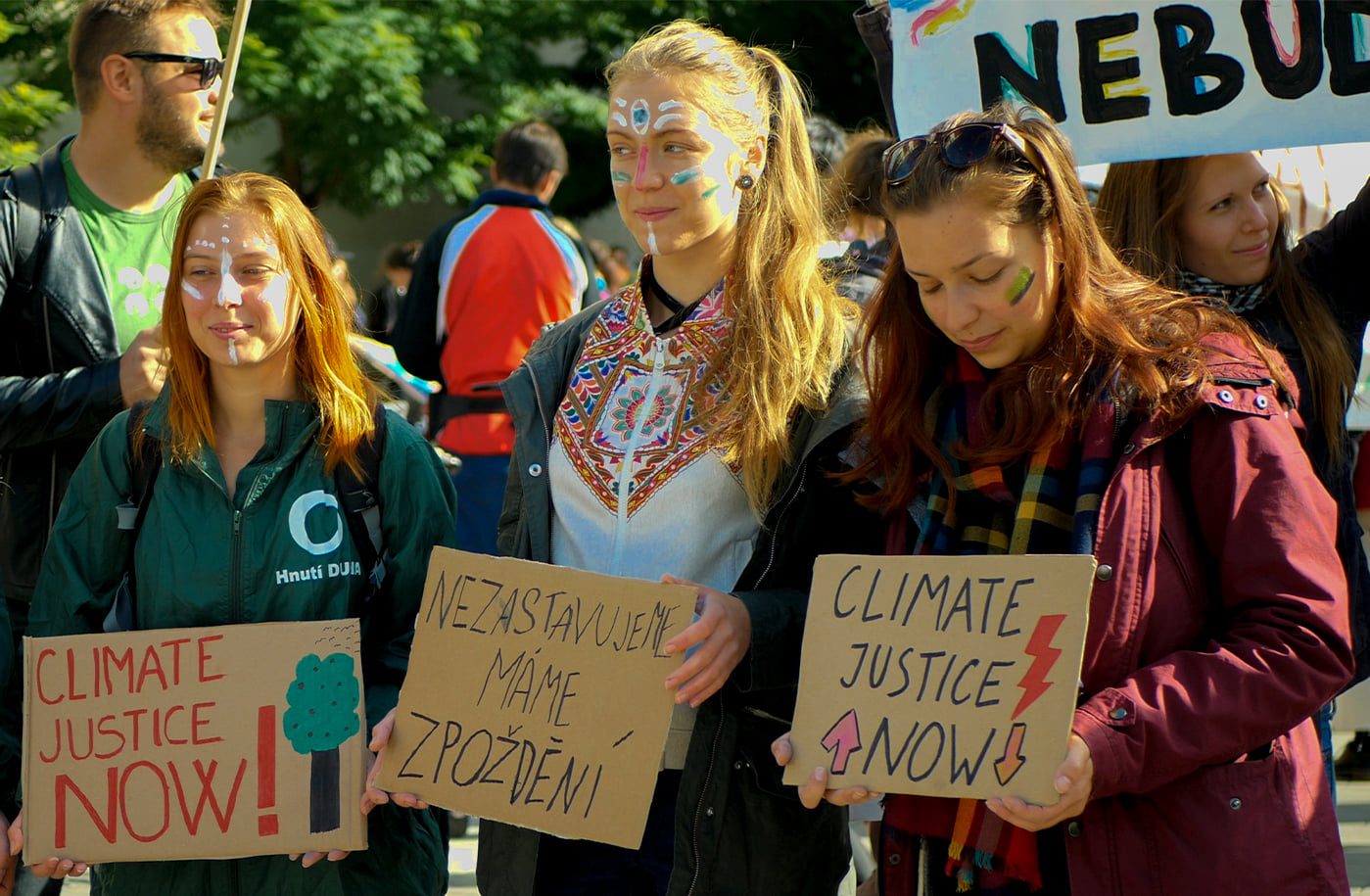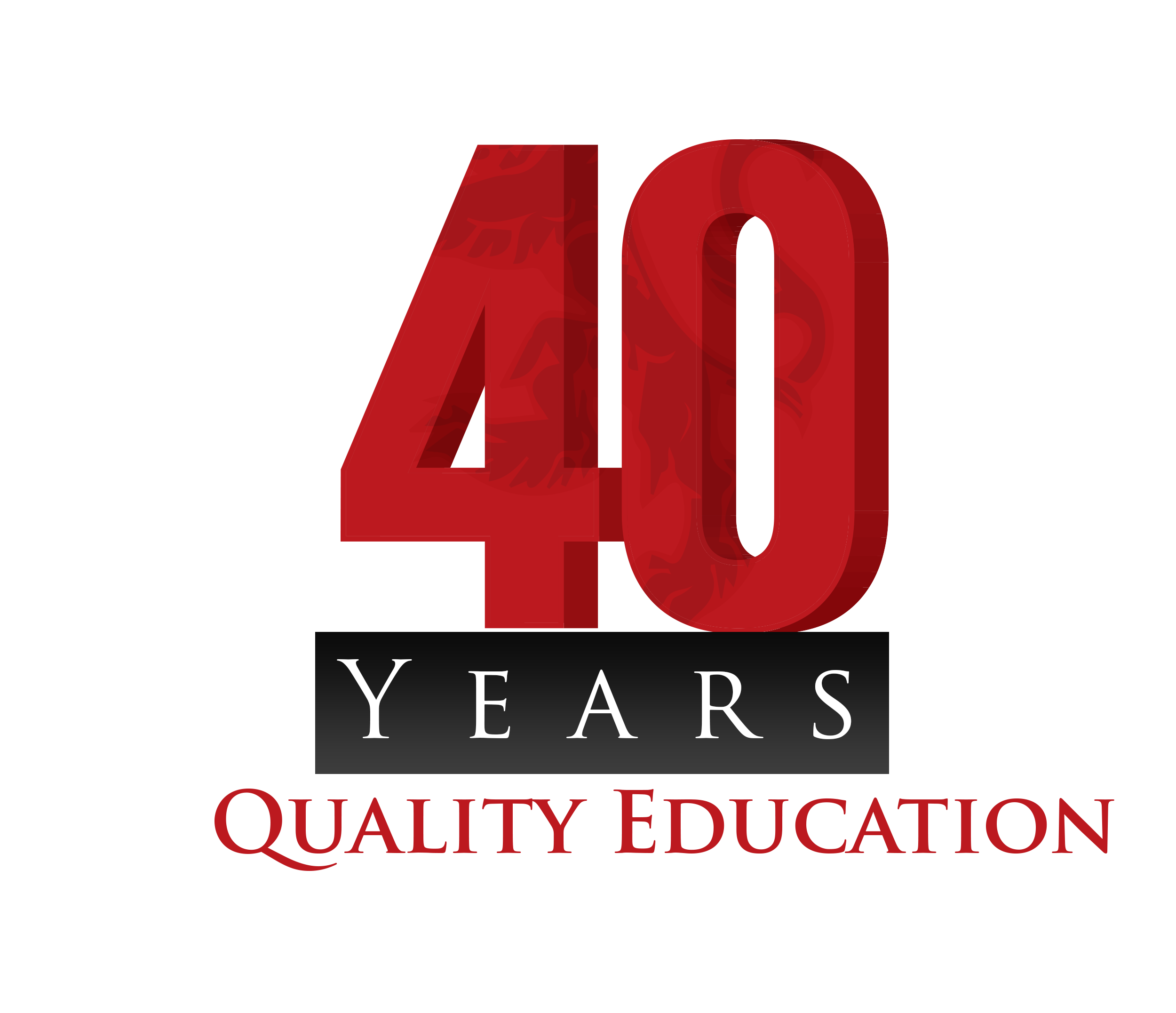Applications for admission to the program should be made to the Cambridge Corporate UniversitySwitzerland's Admission Office using the online application form or via writing to the RegistrarOffice at: registrar@cambridgecu.ch.
In addition to the application form, applicants need to arrange for the following documents to be sent to the CCU Registrar Office via email:
Copy of the applicant's CV.
Copy of the applicant's valid passport or ID.
Copy of the applicant's most recent degree, diploma, or certificate.
One digital picture high-resolution formal photo is required for the
Completed MSc-CCE application.
MSc-CCE Essay Statement (MES), in a maximum of 750 words, please describe why you are interested in being enrolled in the MSc-CCE program at Cambridge Corporate University and how it will reflect on your professional life career.
Payment confirmation of the application fee.
If the applicant cannot demonstrate fluency in the English language, an IELTS or TOEFL test report will also be required.
All the application forms, documents, and attachments should be sent via email to :
registrar@cambridgecu.ch
Applications for admission to the program should be made to the Cambridge Corporate UniversitySwitzerland's Admission Office using the online application form or via writing to the RegistrarOffice at: registrar@cambridgecu.ch.
In addition to the application form, applicants need to arrange for the following documents to be sent to the CCU Registrar Office via email:
Copy of the applicant's CV.
Copy of the applicant's valid passport or ID.
Copy of the applicant's most recent degree, diploma, or certificate.
One digital picture high-resolution formal photo is required for the
Completed MSc-CCE application.
MSc-CCE Essay Statement (MES), in a maximum of 750 words, please describe why you are interested in being enrolled in the MSc-CCE program at Cambridge Corporate University and how it will reflect on your professional life career.
Payment confirmation of the application fee.
If the applicant cannot demonstrate fluency in the English language, an IELTS or TOEFL test report will also be required.
All the application forms, documents, and attachments should be sent via email to :
registrar@cambridgecu.ch















